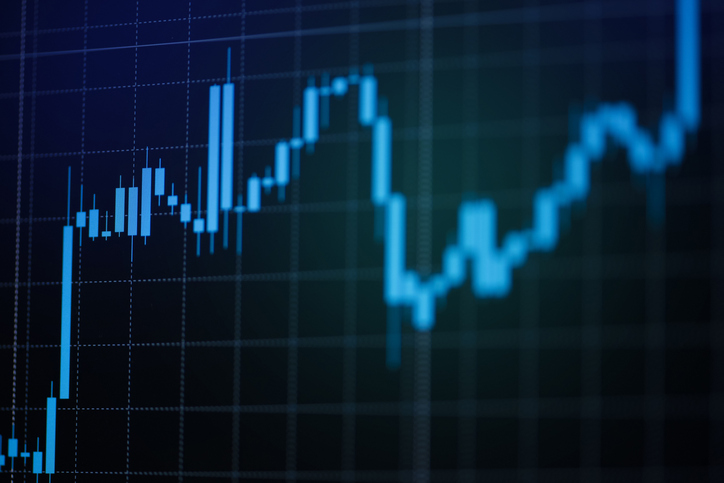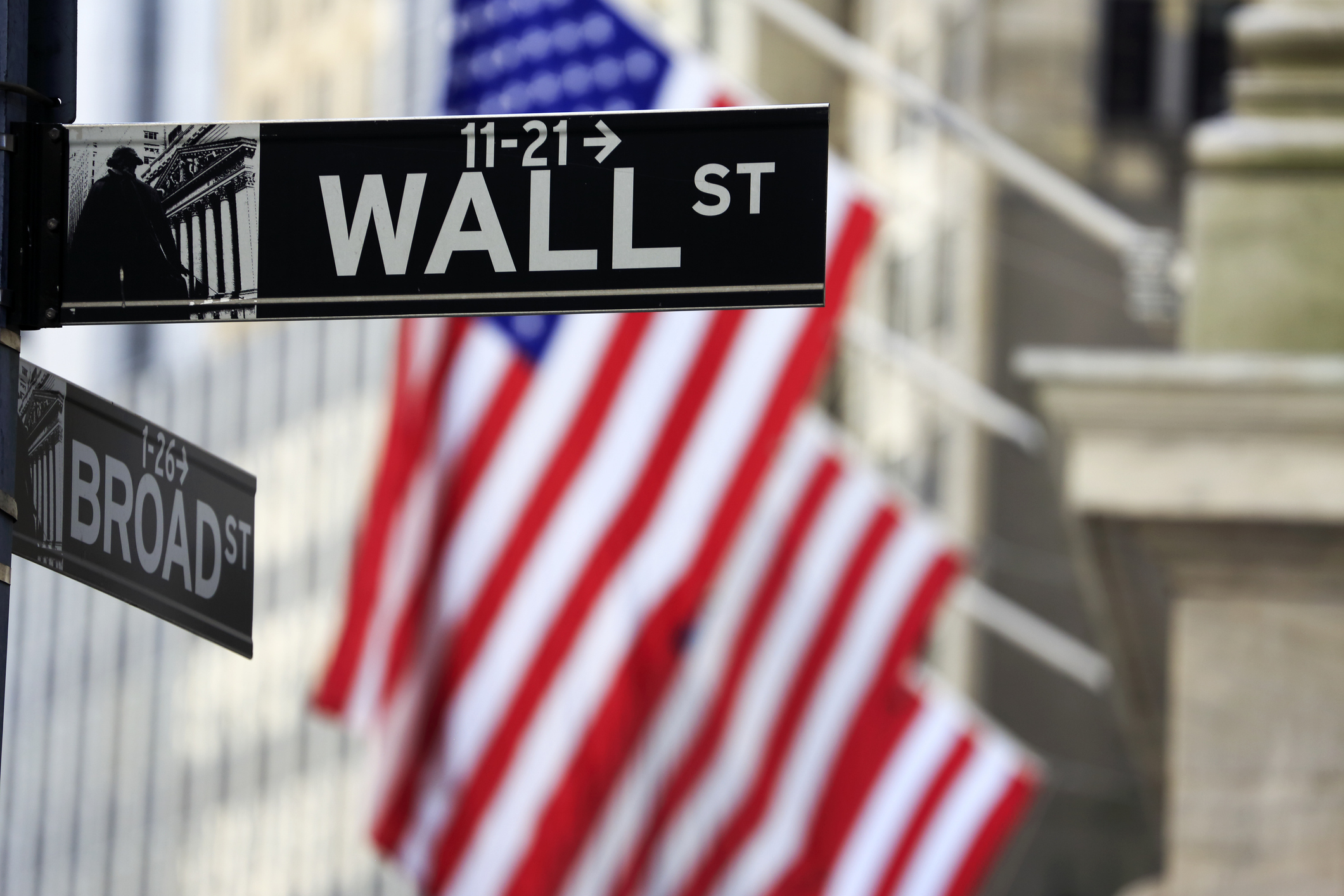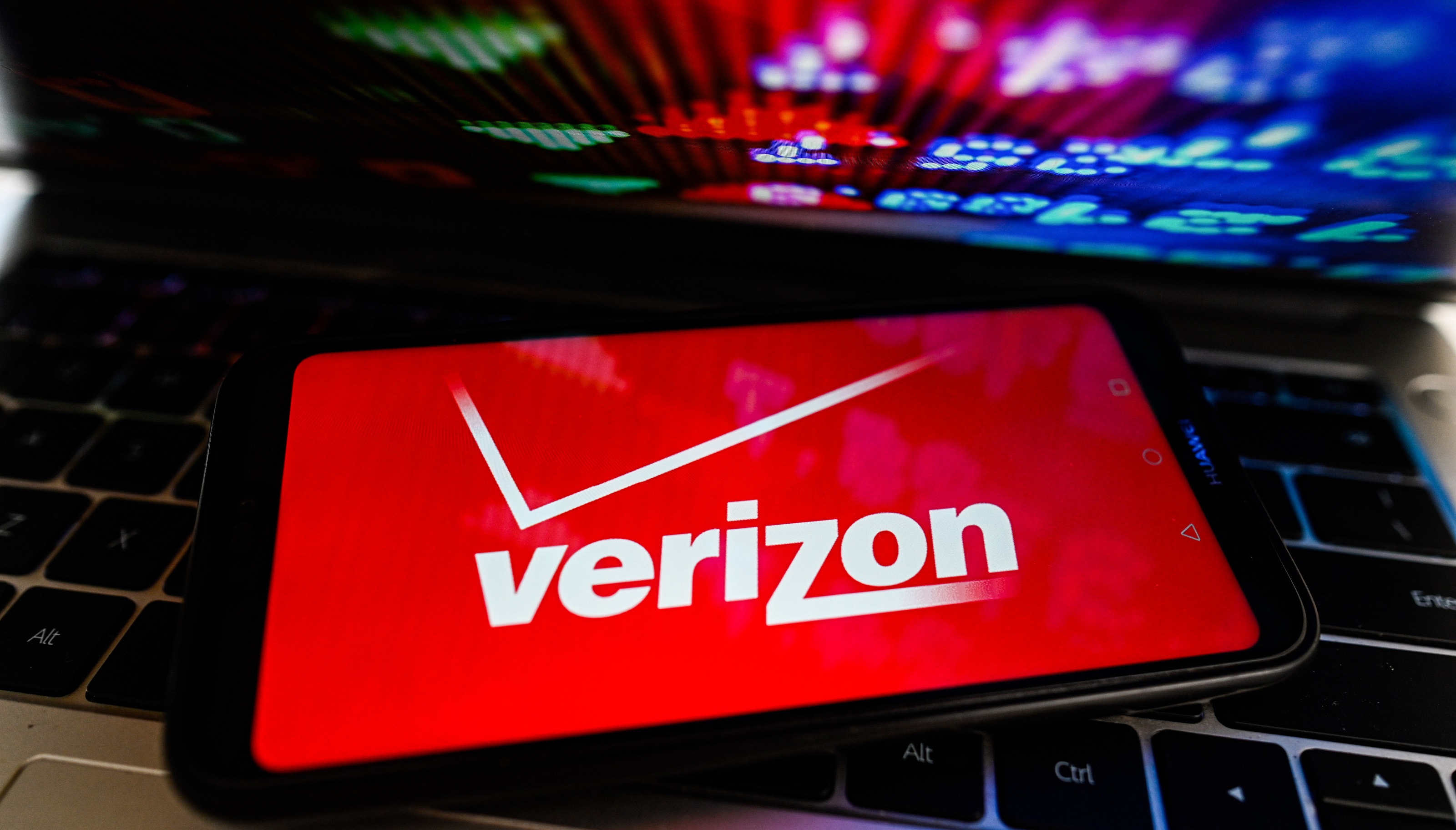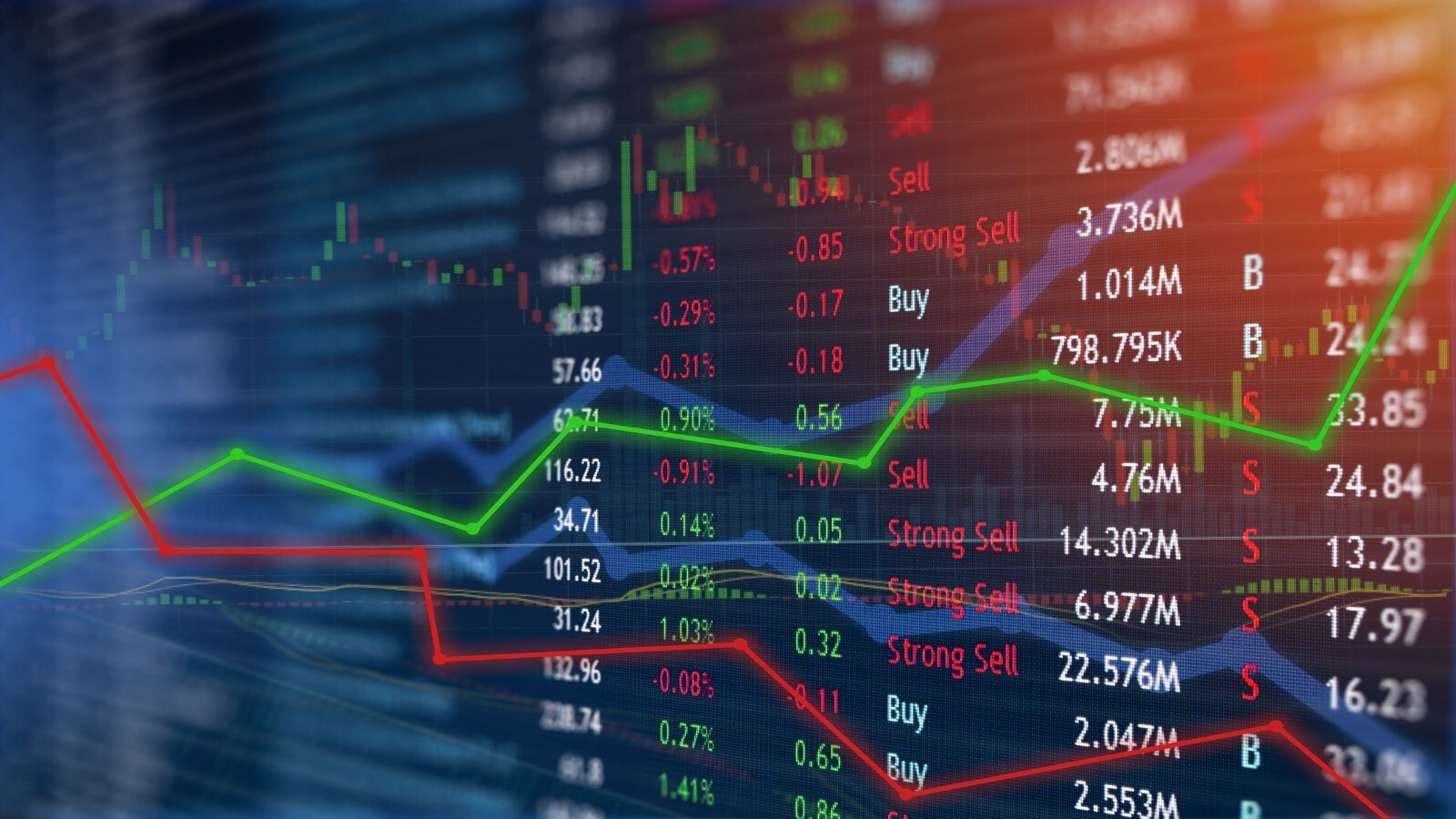Coping With Bond Calls
If you think the long-term trend in interest rates is up, you should buy callable bonds.

Profit and prosper with the best of Kiplinger's advice on investing, taxes, retirement, personal finance and much more. Delivered daily. Enter your email in the box and click Sign Me Up.
You are now subscribed
Your newsletter sign-up was successful
Want to add more newsletters?
Receiving an official letter from a financial institution nowadays can be ominous. The one I got several weeks ago, though, was merely annoying. It was from the brokerage firm where I keep my IRA, and it said that “a bond in your portfolio is expected to be called on the event date indicated.” I knew immediately that I’d be taking a cut in my income and that I’d need to make still another investment decision. But I knew not to respond hastily and haphazardly. After all, the letter told me, I could choose from among 15,000 income alternatives, including other bonds, certificates of deposit, mutual funds and exchange-traded funds.
Foiled by Freddie. Here’s the back story: In 2008 I bought a FreddieNote, issued by the Federal Home Loan Mortgage Corp. and due to mature in 2012. (Because Freddie Mac became a ward of the government during the financial crisis, I didn’t have to worry about it defaulting on its debt.) The original 4% interest rate was slated to bump up to 4.25% on October 15, 2009, and eventually to 5% in the final year. Instead of giving me the first raise, though, Freddie Mac repaid my principal. The refund now sits in a money-market fund earning 0.01%.
Issuers call bonds when the timing suits them, not the investor. “I never see a lot of calls when there are attractive reinvestment options,” says Ben Muchler, of Boston Research and Management, who manages private accounts for income investors. Issuers typically call a bond -- that is, forcibly redeem it -- so that they can take advantage of a general decline in interest rates. Or maybe an issuer’s finances have improved and it wants to issue new bonds at lower rates. Sometimes, a company sells new stock and uses the proceeds to erase bond debt.
From just $107.88 $24.99 for Kiplinger Personal Finance
Become a smarter, better informed investor. Subscribe from just $107.88 $24.99, plus get up to 4 Special Issues

Sign up for Kiplinger’s Free Newsletters
Profit and prosper with the best of expert advice on investing, taxes, retirement, personal finance and more - straight to your e-mail.
Profit and prosper with the best of expert advice - straight to your e-mail.
Cost of callability. Except for Treasuries, you can find callable debt all over the bond market. Federal agencies, state and local governments, and corporations all issue bonds with the right to redeem them at a predetermined date. For this privilege, they pay a slightly higher interest rate. A typical callable long-term bond pays at least a quarter of a percentage point more than a similar bond of like maturity. If you think the long-term trend in interest rates is up -- a good bet -- you should buy callable bonds, because you’ll get extra yield and because issuers are less likely to redeem bonds if they have to pay more to issue new debt.
Frustrated by an early redemption, you may react by looking for the highest-yielding, noncallable bond you can buy. A better approach is to think of the proceeds as just another pile of new money to in-vest. The best place to put it could be another bond, a bond fund, an ETF or a ladder of CDs (in any case, I’d keep maturities short in anticipation of higher rates that are likely to materialize later in 2010). If a bygone bond occupied a rung on a bond ladder, you will likely want to replace it with another of a similar maturity and quality.
Another income idea, says Muchler, is to invest in blue-chip stocks. For example, Verizon Communications (symbol VZ) and DuPont (DD) sport current yields of 6.3% and 4.9%, respectively. Although a company’s stock is riskier than its bonds (at least on any given day), the shares of these companies yield more than their bonds, plus they offer a shot at dividend growth and capital appreciation.
The essential message is to avoid overreacting by sacrificing quality and security in pursuit of the same yield. This is not the moment to respond to the demise of a double-A-rated bond by substituting a junk bond or emerging-markets debt. The time to buy the risky stuff was a year ago, when their yields were off the charts. Back then, though, few investors wanted to take risks and few companies were calling their bonds. Yes, calls are annoying. But to be annoyed is not the same as having your portfolio clobbered by something horrible. Like a default.
Profit and prosper with the best of Kiplinger's advice on investing, taxes, retirement, personal finance and much more. Delivered daily. Enter your email in the box and click Sign Me Up.

Kosnett is the editor of Kiplinger Investing for Income and writes the "Cash in Hand" column for Kiplinger Personal Finance. He is an income-investing expert who covers bonds, real estate investment trusts, oil and gas income deals, dividend stocks and anything else that pays interest and dividends. He joined Kiplinger in 1981 after six years in newspapers, including the Baltimore Sun. He is a 1976 journalism graduate from the Medill School at Northwestern University and completed an executive program at the Carnegie-Mellon University business school in 1978.
-
 Americans, Even With Higher Incomes, Are Feeling the Squeeze
Americans, Even With Higher Incomes, Are Feeling the SqueezeA 50-year mortgage probably isn’t the answer, but there are other ways to alleviate the continuing sting of high prices
-
 Hiding the Truth From Your Financial Adviser Can Cost You
Hiding the Truth From Your Financial Adviser Can Cost YouHiding assets or debt from a financial adviser damages the relationship as well as your finances. If you're not being fully transparent, it's time to ask why.
-
 How to Manage a Disagreement With Your Financial Adviser
How to Manage a Disagreement With Your Financial AdviserKnowing how to deal with a disagreement can improve both your finances and your relationship with your planner.
-
 The Most Tax-Friendly States for Investing in 2025 (Hint: There Are Two)
The Most Tax-Friendly States for Investing in 2025 (Hint: There Are Two)State Taxes Living in one of these places could lower your 2025 investment taxes — especially if you invest in real estate.
-
 The Final Countdown for Retirees with Investment Income
The Final Countdown for Retirees with Investment IncomeRetirement Tax Don’t assume Social Security withholding is enough. Some retirement income may require a quarterly estimated tax payment by the September 15 deadline.
-
 What Tariffs Mean for Your Sector Exposure
What Tariffs Mean for Your Sector ExposureNew, higher and changing tariffs will ripple through the economy and into share prices for many quarters to come.
-
 Stock Market Today: S&P 500 Hits High After Verizon Earnings
Stock Market Today: S&P 500 Hits High After Verizon EarningsThe Nasdaq also notched a new high on Monday, while the Dow finished with a marginal loss.
-
 What Wall Street's CEOs Are Saying About Trump's Tariffs
What Wall Street's CEOs Are Saying About Trump's TariffsWe're in the thick of earnings season, and corporate America has plenty to say about the Trump administration's trade policy.
-
 Verizon Sails to the Top of the Dow After Earnings Beat: What to Know
Verizon Sails to the Top of the Dow After Earnings Beat: What to KnowVerizon stock is one of the best Dow Jones stocks Friday after the telecommunications giant beat estimates for its fourth quarter. Here's what you need to know.
-
 Stock Market Today: Stocks Struggle for Direction as Earnings Roll In
Stock Market Today: Stocks Struggle for Direction as Earnings Roll InWhile General Motors stock soared after earnings, GE Aerospace and Verizon slumped.
-
 Stock Market Today: Stocks End Mixed Ahead of August Jobs Report
Stock Market Today: Stocks End Mixed Ahead of August Jobs ReportThe main indexes struggled for direction Thursday after data showed the labor market continued to cool.